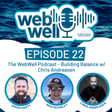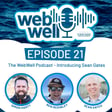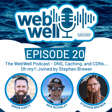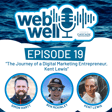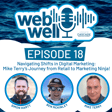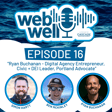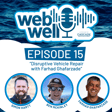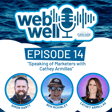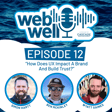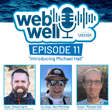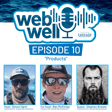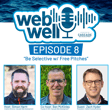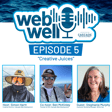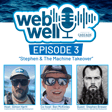
The WebWell Podcast, Episode 13 - "99 Reasons For A Redesign But A New Marketing Director Ain't One"
In this episode of The WebWell Podcast, we dive into the intriguing world of leadership transitions within companies. Titled "99 Reasons For A Redesign But A New Marketing Director Ain't One," we welcome guest Colby Schlicker, a seasoned expert in the field.
As organizations bring in new leadership from outside the company, a common phenomenon emerges. It's the desire for a dramatic makeover, often manifesting as a website redesign. But is this always in the best interest of the organization?
Join us as we unravel the motivations behind these changes. Is it a quest for more impact, a generational shift, or something else altogether? We'll explore the forces at play and offer insights on how to make informed decisions when considering a website redesign in the midst of leadership transitions.
Tune in to gain a deeper understanding of the dynamics between leadership changes and website redesigns, and discover strategies for ensuring these transformations align with your organization's goals and values.
Learn more about Colby - www.agencyxpartners.com or on LinkedIn.
Follow us wherever you listen to podcasts!! We'd also love to hear what you think... please share your questions and comments with webwell@cascadewebdev.com
